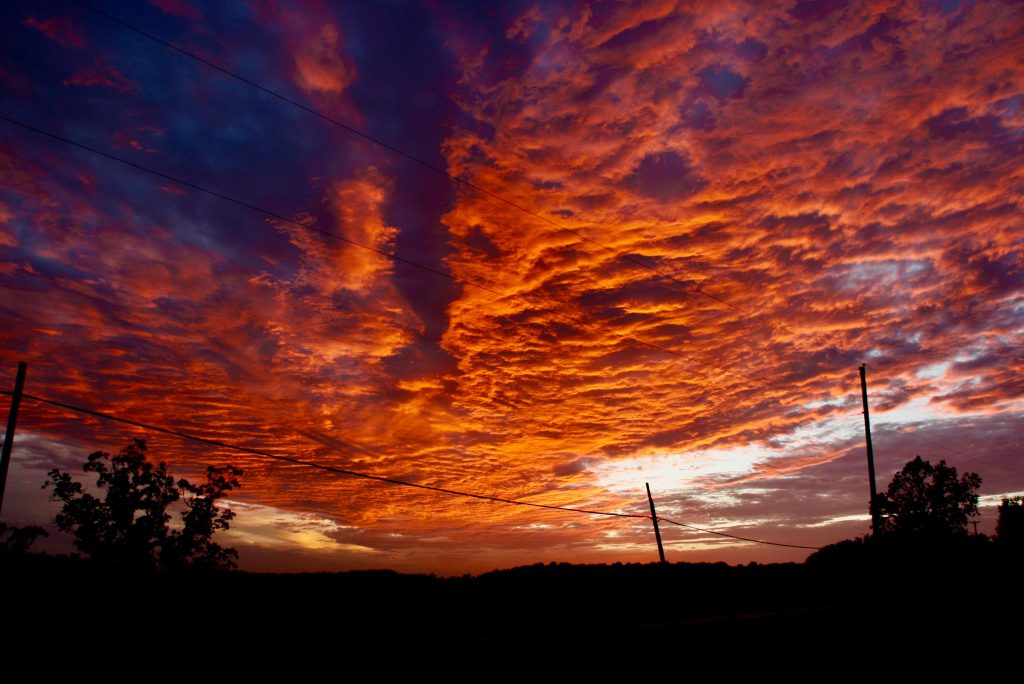
It’s a cold and sunny day
here in St. Louis, following a number of days of cold and wet. Fall is sinking fast and winter is lurking in a tree somewhere not too far off, ready to sweep in like a red-tailed hawk on us unsuspecting varmints just doing our best to gather enough energy for the long road ahead.
On top of all that seasonal analogy, of course, is the general state of the world. We’re still hunkered down and masked up (at least we are in my family and circle of friends) against a sneaky and unforgiving virus that scientists are still struggling to understand and create a vaccine for. The national election is a few days off and, no matter which side you choose and vote for, you are likely feeling a sense of foreboding and even fear about the results and what it will mean for the United States in the foreseeable future. The country and the world seem to be in a state of unrest, incivility and hopelessness that many of us have never experienced.
It’s easy to lose hope, and perhaps it’s even easier to place our hope in the wrong things and people. I’m not here to tell you what’s right and what’s wrong. But since the theme of this blog has always been — broadly defined — about the intersection of God in our lives, I would like to make a few observations today and then leave you with a song and prayer of hope written by one of my very close friends and creative collaborators.
First, a few observations about hope:
- No elected official and no political party’s platform will restore hope to us; we will have to find a way to do that ourselves.
- If we hope for a better and more civil society, we will need to begin with the way we treat everyone around us and not look to leaders to emulate it. They will undoubtedly let us down.
- If we hope to count ourselves among the friends of Jesus, we need to remember that when Jesus was asked about the greatest commandment, he didn’t lay out a complicated set of rules that told us if we could be in his inner circle or not. He just said: “Love God and love your neighbor as yourself.” There’s hope in that.
- And if you’re not sure who your neighbor is or think it is just those people who live in your neighborhood and look, love, believe and act like you, remember again the words of Jesus in the parable of the good Samaritan: “Our neighbors are those in need.”
There is, despite all evidence to the contrary, reason for hope right now, but only if we are are willing to recommit ourselves to the teachings and love of Christ and only if we’re willing to do the hard spiritual work of using those teachings of love, forgiveness and grace as the foundation for the way we interact with the world.
Still, we may find it hard to hope right now.
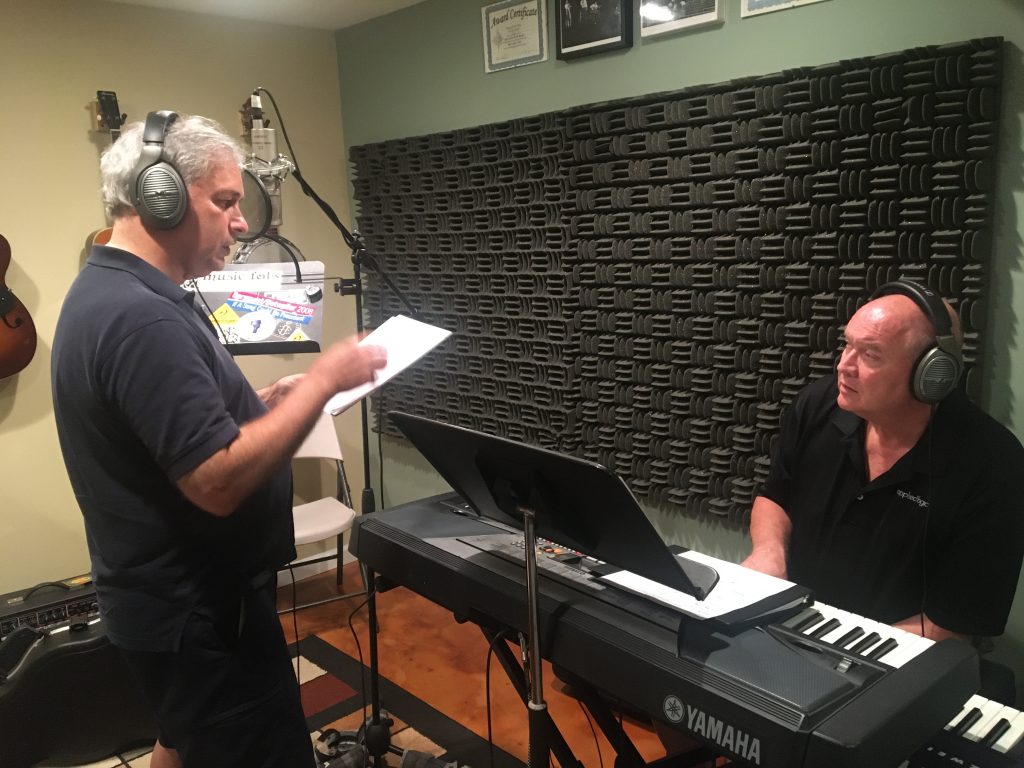
“We have all been there,” writes my friend and collaborator John Caravelli. “You may call it emptiness, a dry spell or a dark night of the soul. Many of us are feeling that way right now and for good reason. We are in the midst of a deadly pandemic. This election season has been filled with uncivil discourse, reported to us incessantly via social media and a 24-hour news cycle. We are experiencing the consequences of racial divisions and climate change. Whatever the reason, we can all find ourselves feeling lost, angry or sad for periods in our lives.”
Acknowledging all those emotions and yet holding out for something better, John wrote a song not about the darkness but the light, about what we experience when the heaviness lifts.
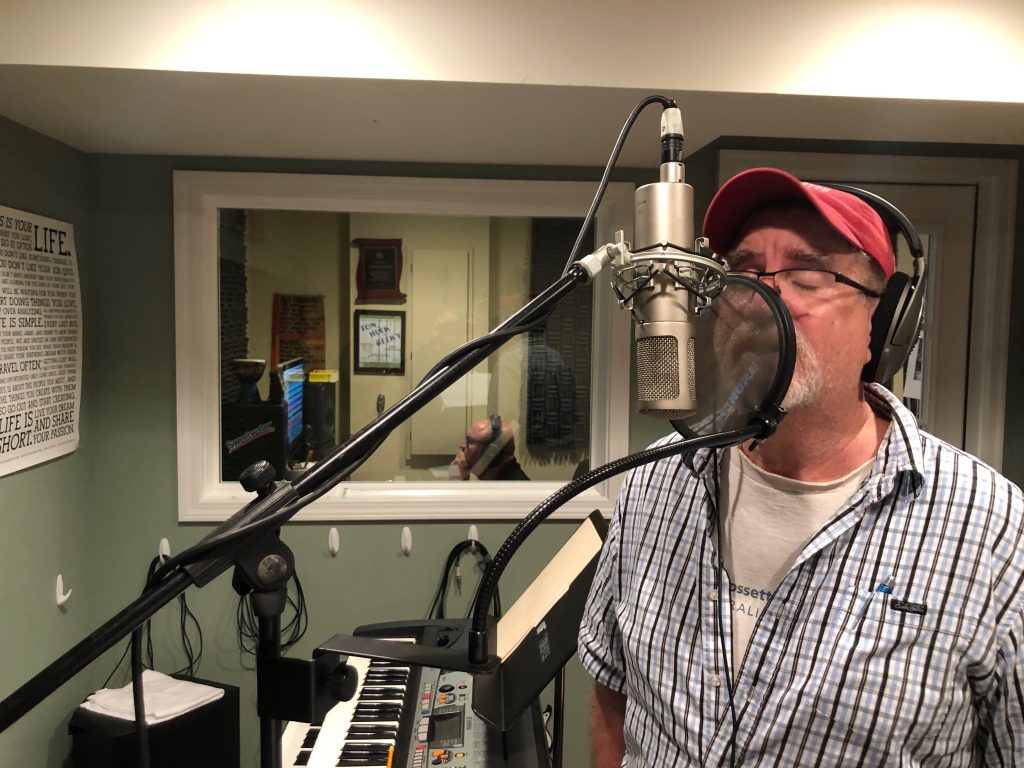
“Very often, it’s not something you can really identify, but you know when it happens,” he says. “Suddenly, you notice more about what is right with the world and not only what is wrong. You see the beauty, the kindness, the love and the blessings. Despair gives way to hope, as it should.”
John wrote the song, “It Looked Like Hope,” about the experience of searching for hope in all the right places — in an autumn day, by the light of a full moon, in the dawning sun, in places where we might least expect to find it — and finding in those still moments not just beauty but the very face of God; of knowing, like Julian of Norwich, that “all will be well and all will be well.” That God is near, no matter how we’re feeling about it.
John let me do the singing while he played guitar, and our friend and third collaborator in the CCG songwriting trio, Phil Cooper, played the keyboard. John and I produced the video below, and I added a quote at the end from John’s favorite saint, St. Therese of Lisieux, which seemed to sum up how we were feeling, or at least hoping:
Above the clouds, the sky is always blue.
It Looked Like Hope
It’s been a long time coming
It’s been a long time tired
I’ve been lost and angry
As if some evil fates conspired.
Dark autumn wind blew all day
There was a hunter’s moon last night
It shone through my bedroom window
My bed glowed in the Lord’s moonlight.
And when the dawning sun broke through the clouds,
From my dream as I awoke,
I believe I saw the face of God
I believe it looked like hope.
But there’s an end to every dark road
The light will shine at last
A song of hope will deliver you
From a helpless lonely past.
I believe I heard the angels sing
A pure and simple song
To relieve me of the mournful tune
I’ve been singing much too long.
And when you least expect it
In a dream that you have, in a song that you hear
It’s then that you know
That all will be well, and all will be well
That your God is near, that your God is near
I believe I heard the angels sing
A pure and simple song
To relieve me of this mournful tune
I’ve been singing much too long.
And when dawning sun broke through the clouds,
From my dream as I awoke,
I believe I saw the face of God
I believe it looked like hope.
I believe I saw the face of God
I believe it looked like hope.
Words and music by John Caravelli. Copyright 2020 Potter’s Mark Music.
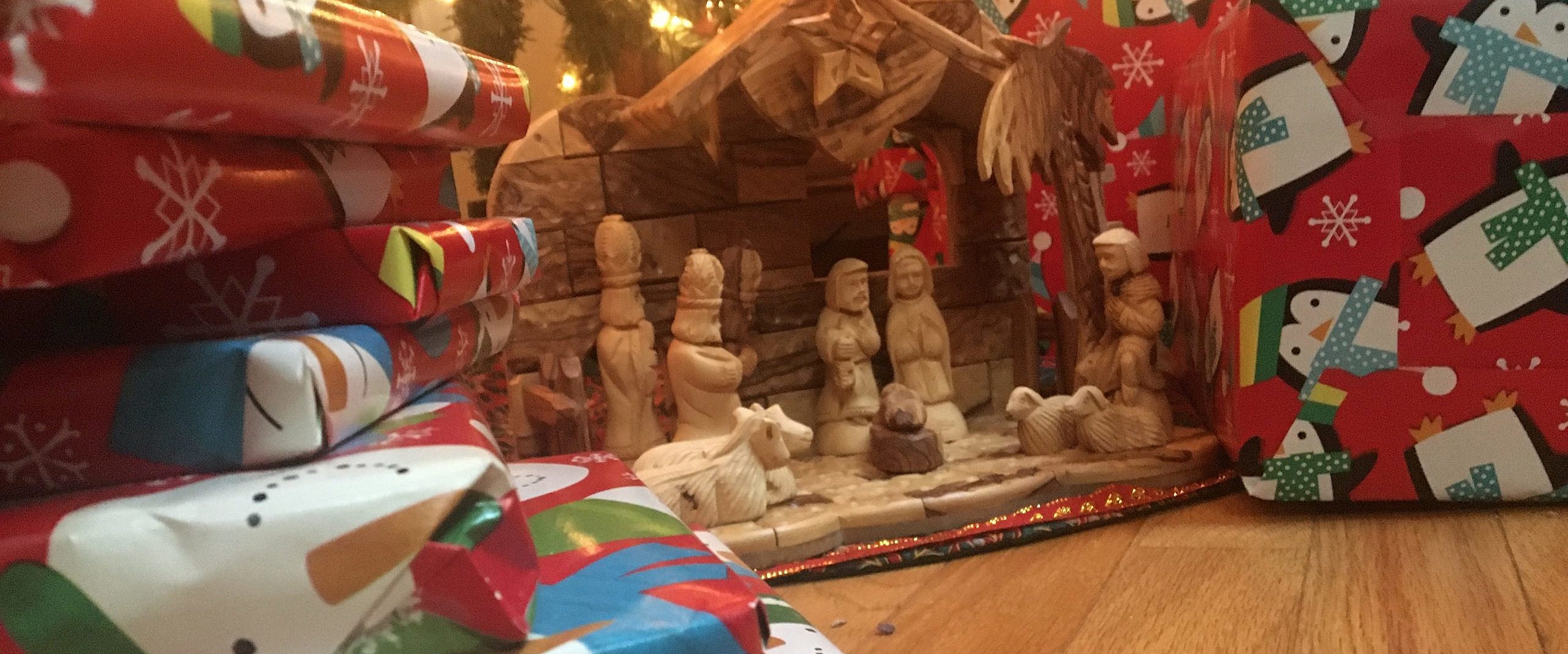
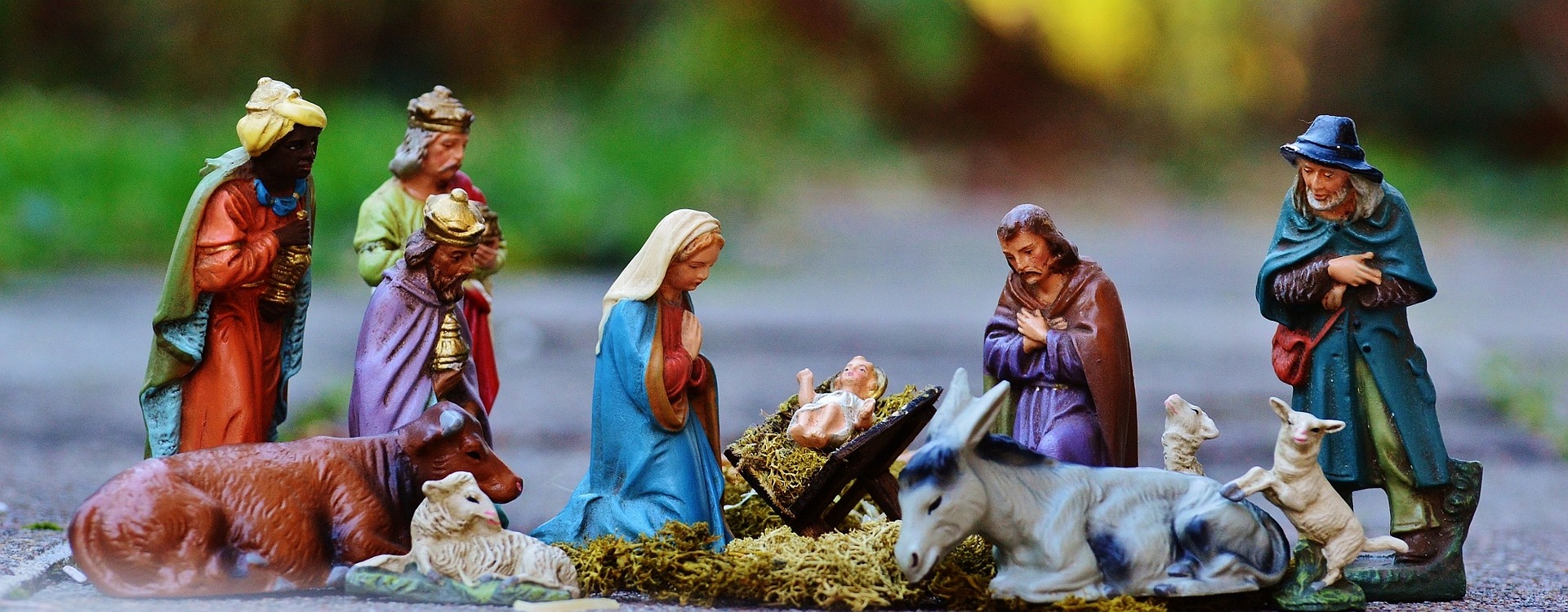
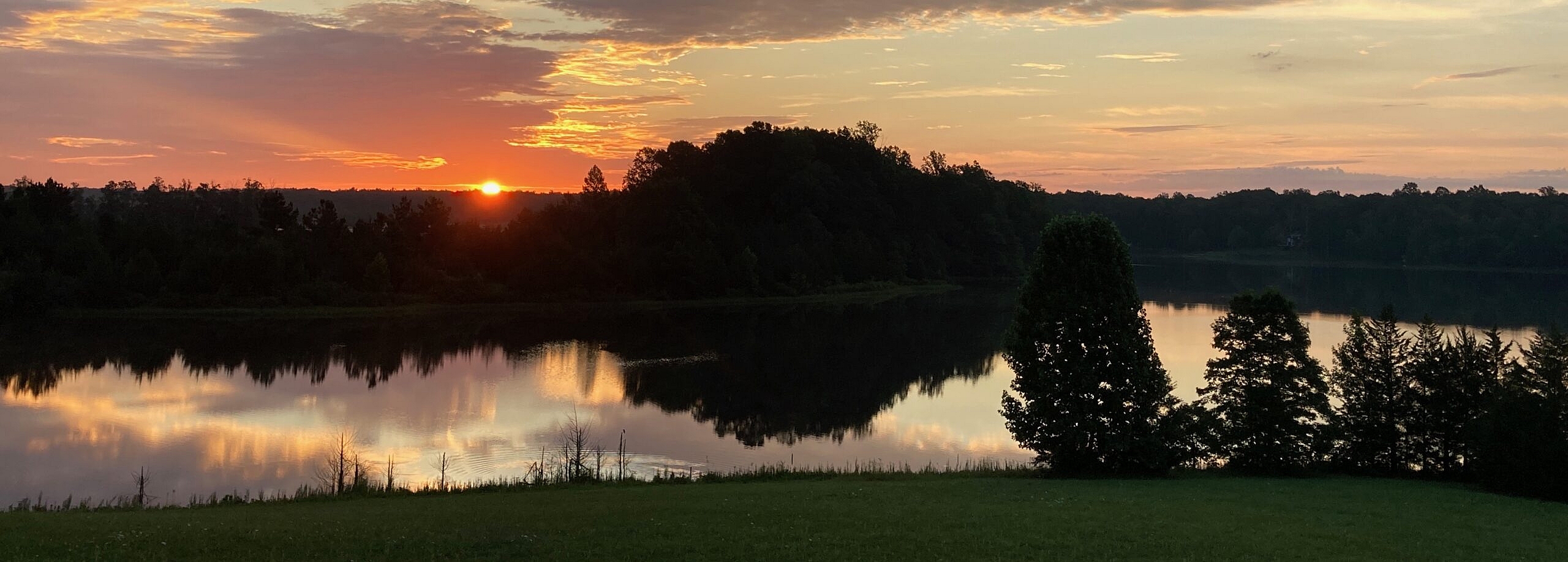
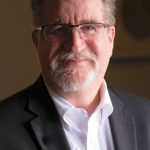
18 comments On Looking for Hope in all the Wrong Places
Steve, the song and video were wonderful and so needed right now! Thanks to all of you who made it happen. May God bless you all! Debbie
So Beautiful. Thank you so much 🙏🏻
Thank you, Linda. I hope all is well with you.
Thank you, Debbie. So good to hear from you and hope all is well with the Henderson clan.
I needed your song. Thanks
Thanks, Jake. We’re glad it found you today…
Jane here from upstate New York. Always appreciate your reflections Steve….
It is true, we need to find HOPE in these dark times. Beautiful song …grateful
Thank you, Jane, for taking the time to write. Grace and peace to you and your family. Stay well and safe.
Thanks – the pictures were beautiful, the words wonderful and the song much needed, something on which to reflect! Thanks again!
The pictures were beautiful, the words wonderful and the song much needed, something on which to reflect! Thanks again!
Thanks, Judy. Good to her from you again…
Thanks, Judy!
Like the music and the lyrics. Well done, Steve. Even if all else fails God has promised He will never leave us or forsake us.(Deut.31:8) . In olden times Hope was often depicted as an anchor. Let us hold firm to that promise and remain anchored in Christ.
Thanks Steve! Perfect timing and well stated!
Thanks, Dr. Tom. Praying for peace and goodwill this week…
Thanks, Peter.
this blog and song couldn’t have arrive in my inbox at a better time! God’s timing is perfect! Thank you so much for sharing this
Thanks, Rosemary!